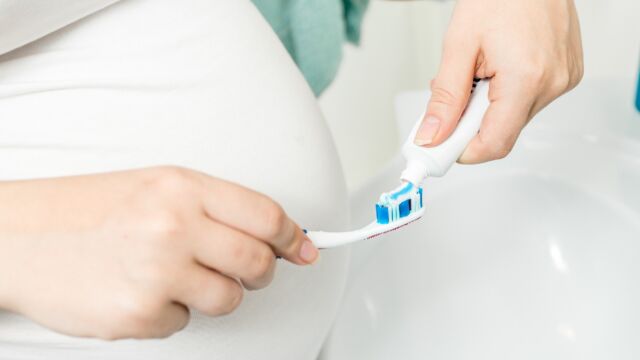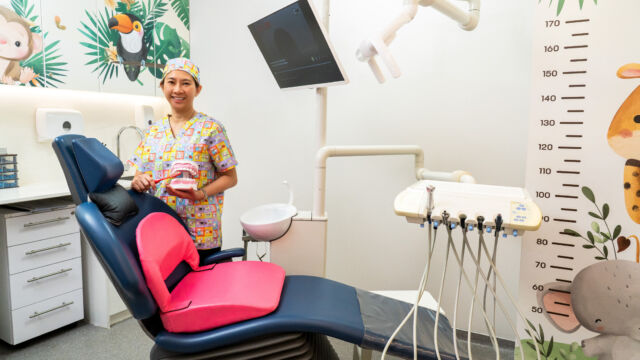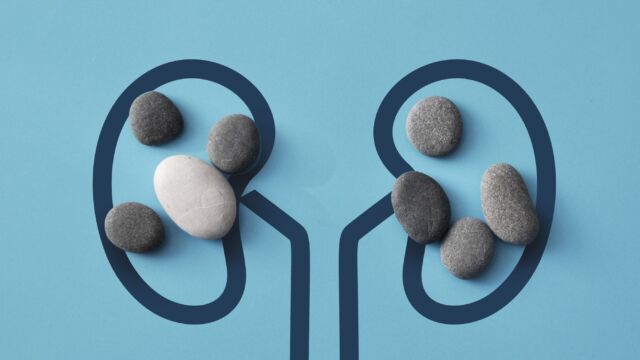Health Articles
Can Men Get Breast Cancer
Breast cancer in men is rare, making up less than 1% of all breast cancer cases. Learn about the risk factors and the symptoms of breast cancer in men.
Essential Guide to Oral Health During Pregnancy
Maintaining good oral health during pregnancy is essential for both mother and baby. Learn how gum disease can impact pregnancy outcomes, common dental issues expectant mothers face, and practical tips for safe dental care throughout pregnancy.
Paediatric Dentistry and Neurodivergent Children: How Can I Make My Child’s Home Oral Care Routine More Comfortable?
Establishing a toothbrushing routine for your neurodivergent child takes patience and gradual adjustment. Introduce changes one step at a time. There’s no need to do everything at once or get it perfect right away. Consistency and care matter more than speed.
A Guide to the Lasting Power of Attorney (LPA) in Singapore
A Lasting Power of Attorney (LPA) in Singapore lets you appoint someone you trust to make decisions if you lose mental capacity. This guide explains why an LPA is important, the differences between Form 1 and Form 2, how to choose a Certificate Issuer, and the steps to apply under the Mental Capacity Act.
Frequently Asked Questions on Cervical Cancer Screening
Cervical cancer screening plays a vital role in detecting early cell changes that may lead to cervical cancer. A Pap smear or HPV test helps identify abnormal cervical cells and high-risk HPV types that can cause cervical cancer. Modern screening methods now use a soft brush and liquid-based cytology for more reliable results. HPV vaccination, recommended for girls and women aged 9 to 26 in Singapore, offers strong protection against high-risk HPV subtypes. Screening is still important even if you have a family history of cervical cancer, are unvaccinated, or have concerns about the examination. If you are pregnant, experiencing abnormal vaginal bleeding, or unsure when to start screening, speak to your gynaecologist for personalised guidance.
Childhood Myopia: What Parents Need to Know
Childhood myopia, or short-sightedness, is rising rapidly worldwide, especially among children in Asia. Early onset can lead to severe vision problems in adulthood. Learn about the key causes — from limited outdoor time and excessive screen use to genetics — and discover effective prevention and management strategies to protect your child’s eyesight.
Everyday Changes That Can Improve Life with an Alzheimer’s Patient
Caring for a loved one with Alzheimer’s can be overwhelming, but small changes can bring big comfort. From creating safe spaces to building routines and communicating effectively, this guide shares practical everyday tips tailored to Singapore homes and families.
Cervical Cancer: Separating Myth from Fact
Cervical cancer is preventable and highly treatable when detected early — yet myths often stand in the way. This article clears up common misconceptions about age, marital status, sexual activity, symptoms, and screening, helping women in Singapore take charge of their health with accurate information.
Alcohol and Your Liver: Why No Amount Is Truly “Healthy”
Your liver works hard to break down alcohol, but even small amounts can cause lasting damage over time. Discover how drinking affects liver health, why “moderate” isn’t risk-free, and tips for making smarter choices if you do choose to drink.
Kidney Stones: What You Need to Know
Kidney stones are hard deposits that cause severe pain and discomfort. Learn how they form, their symptoms, risk factors, treatment options, and effective ways to prevent them for better kidney health.









